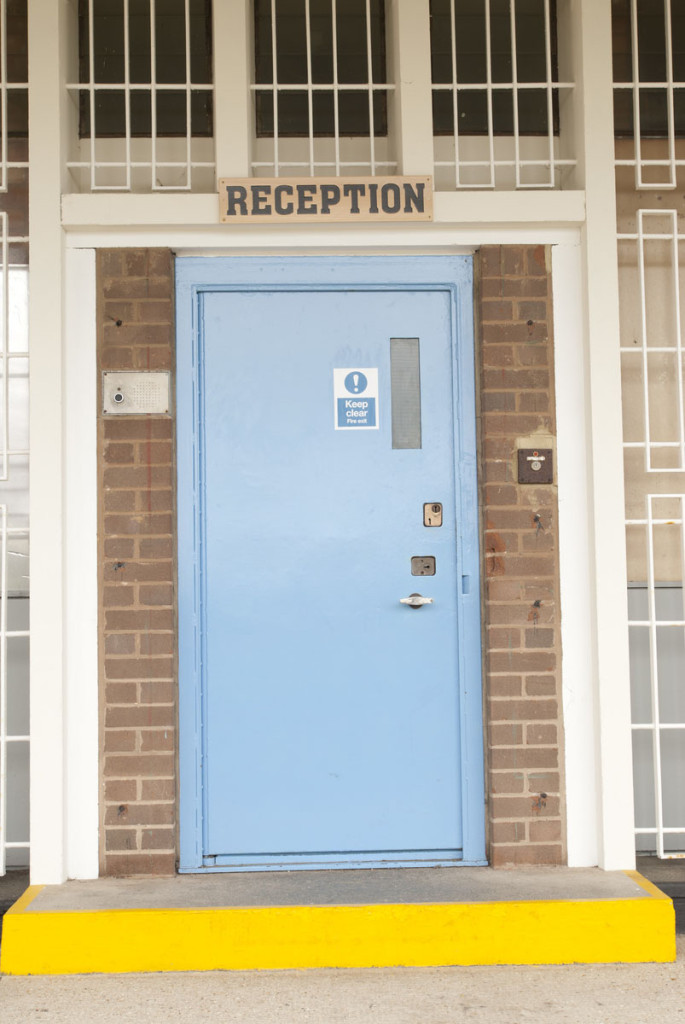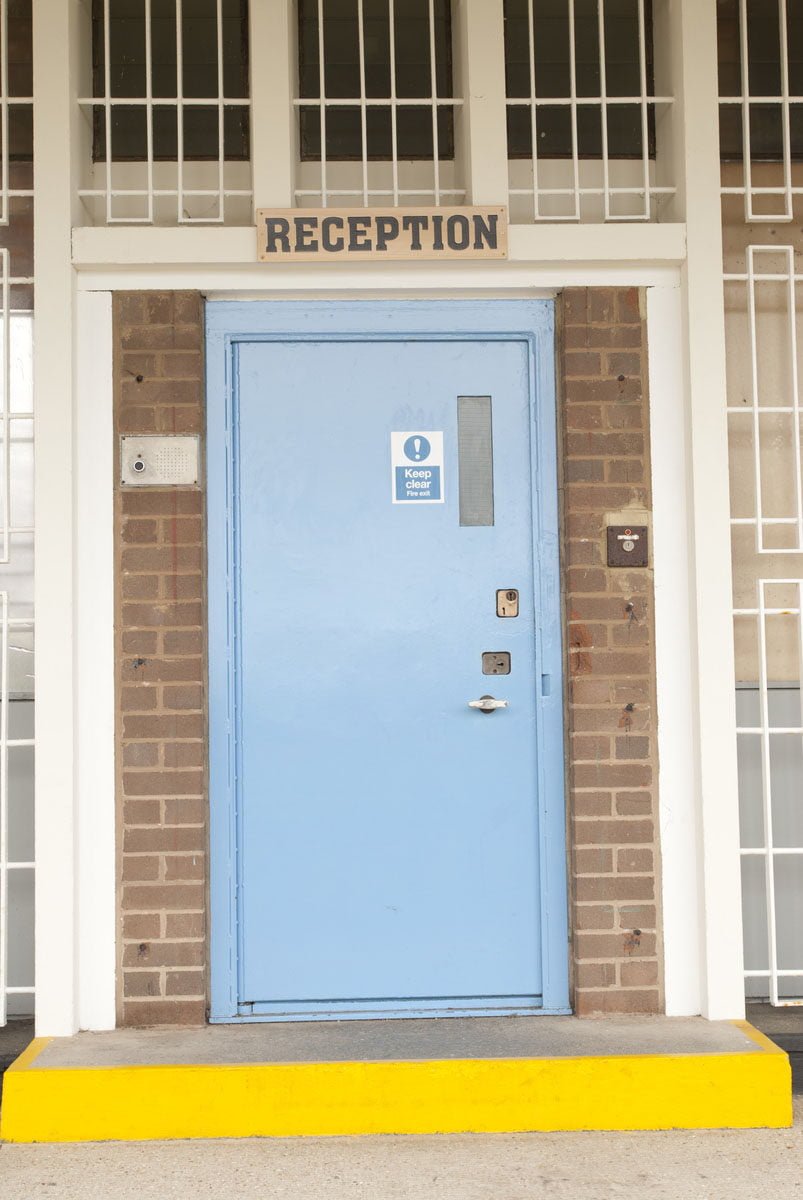The costs of imprisonment
One of the key drivers behind the MoJ’s Transforming Rehabilitation project is that of saving public expenditure on the criminal justice system by reducing reoffending.
The biggest saving would be reduced use of imprisonment – the average annual cost of a prison place is £27,851 (MoJ figures for 2011/12)
However, ever since the two main political parties started going head-to-head on who could be toughest on crime in 1997, we have started seeing a growing disconnect between crime rates and the number of people in prison.
There has been a steady decline in recorded crime across all measures in the last fifteen years whilst the number of people in English & Welsh prisons has grown steadily – it was 83,796 last Friday, 28 June.

Will custody rates rise even higher under TR?
One of the key changes under the Offender Rehabilitation Bill currently working its way through Parliament (despite last week’s defeat in the House of Lords) is that short term prisoners will receive mandatory supervision on release.
Although this development is broadly welcomed, one of the consequences will be that some of these prisoners will not comply with supervision and therefore will be breached and returned to prison.
The recently updated impact assessment of the Offender Rehabilitation Bill estimated that 13,000 short term prisoners per year will be returned to prison because they will breach the new mandatory period of supervision on release.
I can see two other factors which will drive up the custody rate.
Firstly, Chris Grayling, the Justice Secretary, is encouraging this by a somewhat mixed two-pronged political message which can be summarised as:
- We will send all offenders to prison
- We will then make sure they don’t come back.
We know that, historically, sentencers have been shown to be very sensitive to the political climate and are likely to increase their use of custody when a Justice Secretary makes high profile speeches recommending its use.
Secondly, the new mandatory supervision will enable many sentencers, particularly Magistrates, to have their cake and eat it.
Let me explain.
Currently, when faced with a drug dependent offender who persistently commits a high volume of low level offences – typically shoplifting and minor fraud – magistrates often impose a community sentence (usually with a drug rehabilitation requirement) because they know that unless the underlying problem of addiction is addressed, there is little hope of them stopping offending.
Under the new provisions, sentencers will be able to impose a short prison sentence safe in the knowledge that the offender will be able to get support and supervision on release. Indeed, in the case of drug using offenders, released prisoners will be subject to extensive drug testing for the first time.
As we know, one of the reasons that short terms prisoners have such high re-offending rates is that custody does such a lot of damage – houses and jobs are lost, supportive relationships are damaged, sometimes irretrievably.
It’s entirely possible that Transforming Rehabilitation will, paradoxically, result in higher short term custody rates and an increase in reoffending.








4 Responses
As a professional working in the criminal justice and drugs services, I am finding this prospect utterly daunting. What does the government expect is going to happen and how is this going to be funded? I think a very good place to start is looking at the draconian drug laws we have which were implemented in 1971 as a tool of control and nothing to do with civic duty to the community. I have come across many clients who started their Class A drug use (ie heroin) whilst in prison. Use in prisons exploded when a government brought in random drug testing whereby most of the prisoners were cannabis smokers who really did no harm to communities as a whole.
If we had a sensible debate on the way outdated drug laws and how we can reduce offending which is related to heroin and crack cocaine this might just have a tipping effect in making sure people get proper help with no fear of stigmatising themselves.
I agree with Chris.
A few extra points I would like to add. Russell has made very good points in his article.
As a current offender serving a suspended sentence, I do believe that the UK has never had a system of rehabilitation therefore I am struggling with whole “Transforming Rehabilitation” issue. I can’t see what rehabilitation there is to reform. The true cost to the CJS of England & Wales is that of re-offending rates. Long-term prisoners are less likely to return to a life of crime.
Rehabilitation begins or should, on the day of sentencing. A sentence is a punishment and equally rehabilitation should be incorporated into that sentence. When people are sent to prison for a matter of weeks, the rehabilitation has no chance to begin given the situation inside prisons.
I treat my sentence as my rehabilitation period. I’m serving a sentence in the community and once that sentence is complete, which is June 2014, then my sentence is finished. The further issue of spent is not a factor. The sentence is finished, I am done, it is only on a system if screened that I am seen as a person with a conviction. Only then, can my journey to desistance begin.
If we look at drug & alcohol users, they enter “rehab” for a period of time. It’s a well-known fact that many return to their addiction after rehab, for some it works. In essence, I have had no access to services, no help whatsoever as there was no order attached to my community sentence. I’ve gone “cold turkey”
As a result of my crime, I lost everything. My home included. I lived on a canal bank and yes, I made an attempt on my life. I applied to many agencies for a bed, I was rejected by all. I then lived on my mother’s sofa for three months. That enabled me to pull back my business and build from nothing. I had nothing. I saved for a deposit on an apartment, I moved in three months ago. I’ve maintained my home, built up my business and with help from a handful of people,friends, my mum, I’ve managed to come through. The only way I could have accessed services during the homeless period was to commit another crime and to end up in custody.
The problem is clear for me to see. I’ve managed my own rehabilitation. My liberty in a Judge’s hand was enough of a deterrent for me to not want to step outside of the law. It’s easy for me to say though, I’m not addicted to drugs or alcohol.
There is no rehabilitation to reform for those who are sent to prison for short terms. Russell is correct, it will only increase under the present form and the TR reforms will add to the numbers and the cost. I worry about Magistrates too in this. As in the judiciary aspect. Six months is the current threshold that Magistrates are allowed to sentence up to on petty crimes. They can only roll with that but if Magistrates are going to continually send people to prison for less than six months at their will, then the new reforms will sanction this under the guise of “being tough on crime”. This will lead to more people losing homes and rehabilitation is not commenced.
Frankly, it’s just going to be a bigger mess than it already is.
Tracey
Thanks very much for taking the time to comment. I think that new support & supervision for people serving short sentences is a real opportunity to do some good. But we must beware the perverse consequences that it may encourages some sentencers to make more prison sentences to have the “best of both worlds” – punishment and help.
What sentencers choose to do with those who don’t comply with this supervision will also have a massive impact on the way the changes play out.
Russell,
I see exactly what you’re saying there. I am in a unique position in that none of the changes actually affect me. As I have no supervision orders attached to me, I am left to my own devices and because there were no addiction issues, there was nothing that anyone could do for me. The Judge (a Crown Court Judge) stated that there would be no benefit to anyone from sending me to prison for a short period of time. The loser in that would have been the taxpayer. Evidence that I had a business, I had good references from clients and my MP, plus from my mother’s care providers that I was an actively involved in her care. The Judge sentencing me did make the right decision in that it was an opportunity for me. He was handing me a way out of it all. I took that and fled. It is also my age, at 44, I was able to handle the opportunity. Someone who is 25-years old, addicted to a substance, is very different.
I agree, that here is a licence to send more people to prison with a view to rehabilitating them in custody. For me, had I served the nine weeks, it wouldn’t have changed anything. I guess in essence, the way it happened with me, is a workable solution. My beef with it all is that, as a person who was homeless the only way to get the help I needed would have been to commit a further crime.
A really good article, Russell, thank you.